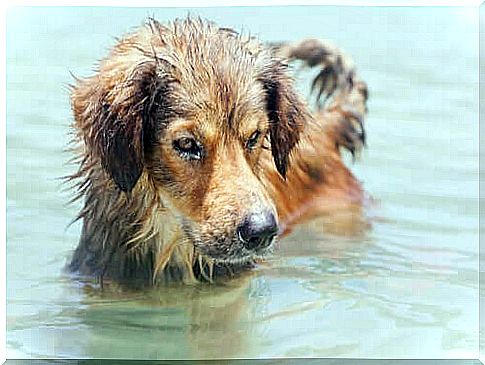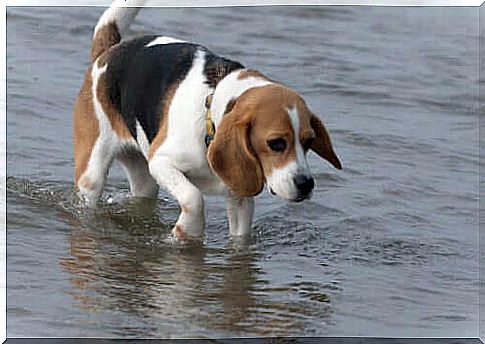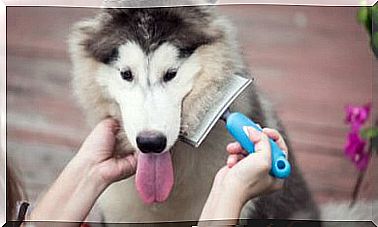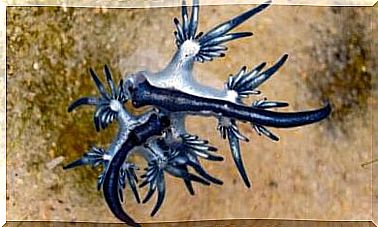Is Sea Water Harmful To Dogs?

A beach vacation with your dog can be very inviting because it doesn’t happen every day. But dogs that are not used to life on the coast want to let off steam and inspect everything from the sand to the waves. However, you should make sure that your dog does not drink too much sea water. Because this could cause digestive problems, among other things.
Therefore, you should carefully supervise your dog to protect him from poisoning or other health problems.
If your fur nose is just digging a little in the sand or having fun on the shore, you don’t have to worry. However, our fur-noses often tend to nibble on anything that attracts their attention.
But even if you go to clean beaches (without cigarette butts, excrement or other rubbish), there is still something you should be aware of: The sea water harbors certain dangers for your dog, which you should be aware of.
Sea water poisoning
Just like with humans, a small sip of sea water is not harmful. But when the dog has drunk more, the animal gets what is known as ‘beach diarrhea’, which is associated with various intestinal complaints.
Mild cases usually only last a few days. The animal may feel apathetic because of its discomfort.
However, if the fur nose has swallowed large amounts of water, then vomiting, muscle tremors or seizures can also occur.
Due to the high salt content in seawater, your pet’s electrolyte balance is out of balance. This can lead to a lethargic state of confusion in the animal. If you see signs like this, you should see a veterinarian immediately.

In addition, there are some poisonous algae in seawater, especially microscopic algae, which are another risk factor. Although you cannot see many of them with the naked eye, you can usually recognize them by the unpleasant smell that the sea water has.
Paradoxically, it is precisely this smell that piques the animal’s curiosity. Therefore, you should make sure that he does not drink this water.
However, poisonous algae are not only found in the sea. They can also grow in lakes, ponds, rivers, and even in garden swimming pools if not cleaned regularly. If you suspect your dog has been drinking water contaminated with algae, it is important to see a veterinarian.
Treatment and prevention
The treatment depends on how much sea water the animal has drunk, the quality of this water and, of course, the symptoms. If there are toxins in the water, your vet will likely advise you to do a gastric lavage. If the symptoms are only mild, it might be enough to give the dog enough fresh water. Many animals can also get relief in this case by vomiting.
In the days following the poisoning, it is quite normal for the animal to appear knocked out or to have poor appetite. The gastrointestinal discomfort and medication administered can make this lethargy even worse.

To prevent poisoning by seawater, it is advisable to offer the animals plenty of fresh water and to make sure that they drink enough. Providing your dog with a bowl of fresh water on the beach will reduce the temptation for them to drink seawater instead.
But of course our fur noses want to explore their environment and the funny waves only reinforce this desire. If you don’t want to spoil your pet’s fun by keeping them on a leash on the beach, then you should keep an eye on them.
It can also be very helpful if you take your dog for a while for a walk. So he can already exhaust himself a bit and will take his subsequent explorations a little more leisurely.
A beach trip is a great change for most dogs, especially if you don’t normally live by the sea. If you follow the precautions, nothing will stand in the way of your enjoyment.









